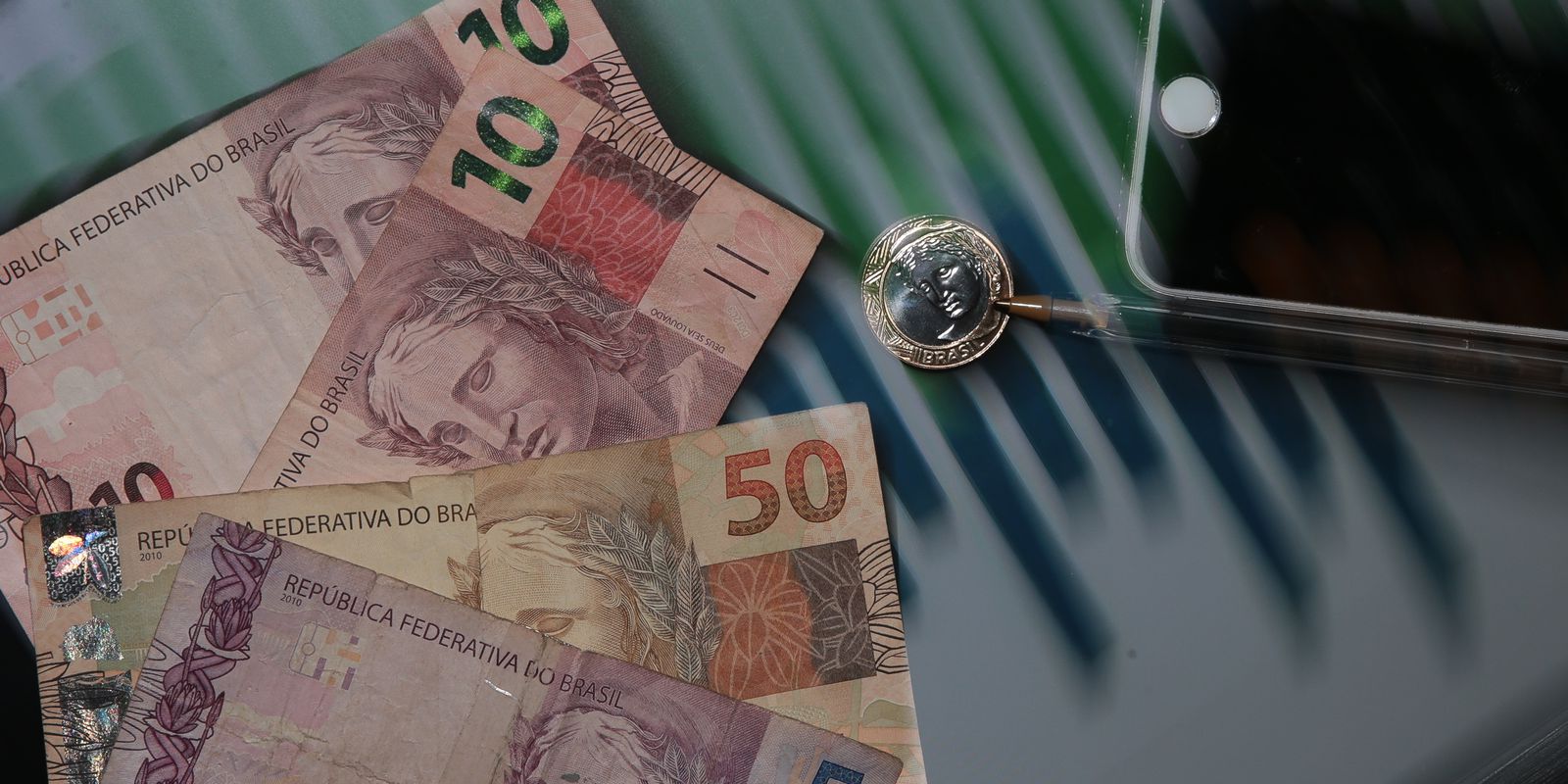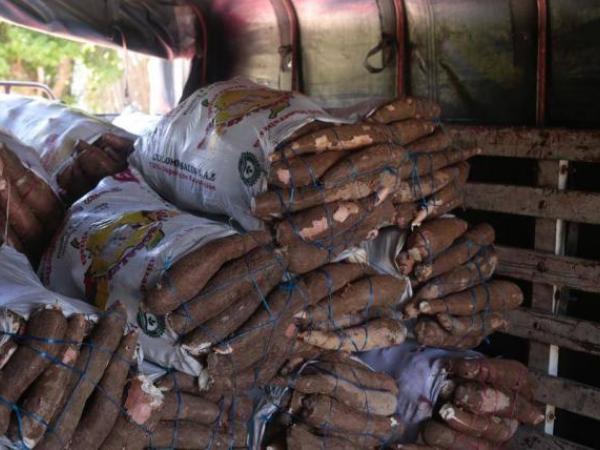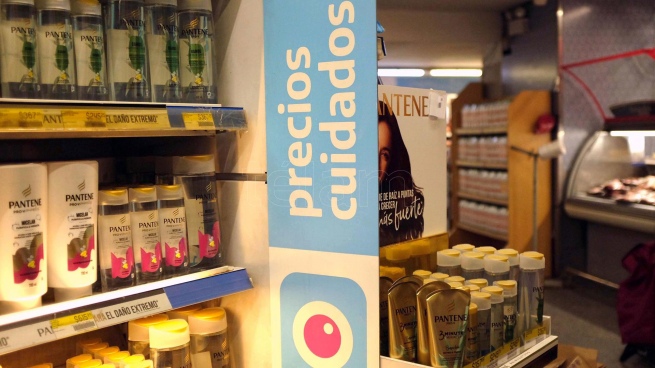The most traditional financial investment of Brazilians is breaking a record of withdrawals in 2022. In the first six months of the year, Brazilians withdrew R$ 50.49 billion more than they deposited in their savings account, the Central Bank reported today (7) ( BC). The volume is the highest since the series began in 1995.
Because of the strike by BC servers, the release of the report was stalled for almost three months. As end of movementon Tuesday, the presentation of statistics is gradually being resumed.
In June alone, Brazilians withdrew R$3.76 billion more than they deposited in savings. Net withdrawals, the difference between withdrawals and deposits, is the highest recorded for the month since 2015. The BC also released data for April and May. In April, the booklet registered a net withdrawal of R$ 9.88 billion, the highest volume in the historical series. In May, the application reacted and had a net funding (deposits minus withdrawals) of R$ 3.51 billion, the highest amount since 2020.
In 2020, savings recorded a record net inflow of BRL 166.31 billion. The instability in the public bond market at the beginning of the covid-19 pandemic and the payment of emergency aid, which was deposited in Caixa Econômica Federal digital savings accounts, contributed to the result.
Last year, savings had registered a net withdrawal of R$ 35.5 billion. The application was pressured by the end of emergency aid, by low incomes and by the greater indebtedness of Brazilians. The net withdrawal was not higher than that recorded in 2015 (R$ 53.57 billion) and in 2016 (R$ 40.7 billion). In those years, the strong economic crisis led Brazilians to withdraw funds from the application.
Performance
Until recently, savings yielded 70% of the Selic rate (basic interest in the economy). Since December of last year, the investment has started to yield the equivalent of the reference rate (TR) plus 6.17% per year, because the Selic has returned to above 8.5% per year. Currently, basic interest is at 13.25% per annum.
The increase in interest rates, however, was insufficient to make savings yield more than inflation, causing some investors to flee. In the 12 months ending in June, the investment yielded 5.75%, according to the Central Bank. In the same period, the National Consumer Price Index-15 (IPCA-15), which works as a preview of the official inflation, reached 12.04%. The full IPCA for June will be released tomorrow (8) by the Brazilian Institute of Geography and Statistics (IBGE).









